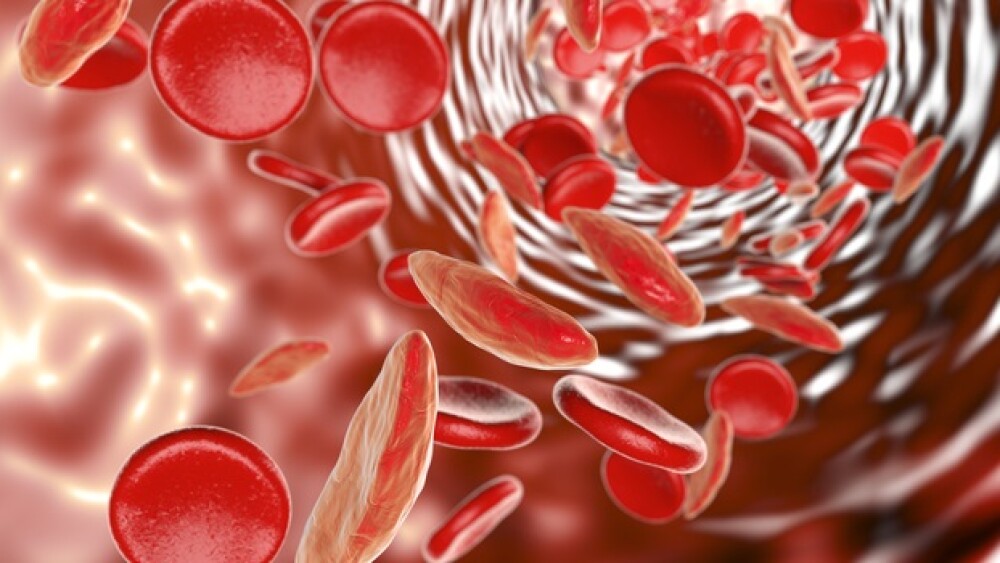The HOPE trial involved 274 patients with SCD from 60 institutions across 12 countries.
Global Blood Therapeutics (GBT) reported new data from its Phase III HOPE trial of voxelotor in sickle cell disease (SCD). The drug met the primary endpoint, improvement in hemoglobin greater than 1 g/dL at 24 weeks, in 274 patients ages 12 and older with the disease.
The HOPE trial involved 274 patients with SCD from 60 institutions across 12 countries. The research has also been published in The New England Journal of Medicine and will be presented today at the Presidential Symposium at the 24th European Hematology Association (EHA) Congress in Amsterdam.
“These additional data from our multi-national, Phase III HOPE Study support and strengthen the 24-week findings from 154 patients that were presented at the American Society of Hematology Annual Meeting in December 2018,” stated Ted W. Love, president and chief executive officer of BGT. “These updated results from the basis of the rolling submission of our New Drug Application for voxelotor, which we are on track to complete in the second half of this year for review under an accelerated approval pathway.”
SCD is a lifelong inherited blood disease, the result of a mutation in the beta-chain of hemoglobin. This results in hemoglobin, which is a protein inside red blood cells that carries oxygen throughout the body, forming into stiff rods, which changes the shape of the red blood cells. That shape is the distinct crescent or sickle shape that gives the disease its name. The change in the red blood cells decreases the lifespan of the red blood cells from about 10 to 20 days instead of the normal 90 to 120 days, resulting in anemia.
Voxelotor is an oral, once-daily treatment for SCD that works by increasing hemoglobin’s affinity for oxygen. The drug appears to block polymerization, which causes the sickling and destruction of red blood cells.
The U.S. Food and Drug Administration (FDA) granted the drug Breakthrough Therapy, Fast Track, Orphan Drug and Rare Pediatric Disease designations for SCD. The European Medicines Agency (EMA) included the drug in its Priority Medicines (PRIME) program and the European Commission (EC) has also included it in its Priority Medicines (PRIME) program and designated it an orphan drug.
In the trial, hemoglobin improved quickly from baseline to 2 weeks, which was the earliest measurement point. This was sustained through 24 weeks compared to placebo. There were also numerically fewer vaso-occlusive crises (VOCs), which are a common complication of SCD. They are incidents of severe pain that often require emergency room visits.
“These positive data from more than 270 patients enrolled in the HOPE Study provide strong evidence that voxelotor, by significantly improving anemia and hemolysis, has the potential to be a disease-modifying treatment for SCD by preventing chronic organ damage and prolonging survival,” stated Jo Howard, a HOPE Study investigator and hematologist with Guy’s and St. Thomas’ NHS Foundation Trust and King’s College London. “Given the observed ability of voxelotor to reduce anemia, hemolysis and red blood cell sickling, as well as a favorable safety profile, I am confident that voxelotor could potentially become a new standard-of-care for treating adolescents and adults with SCD.”





